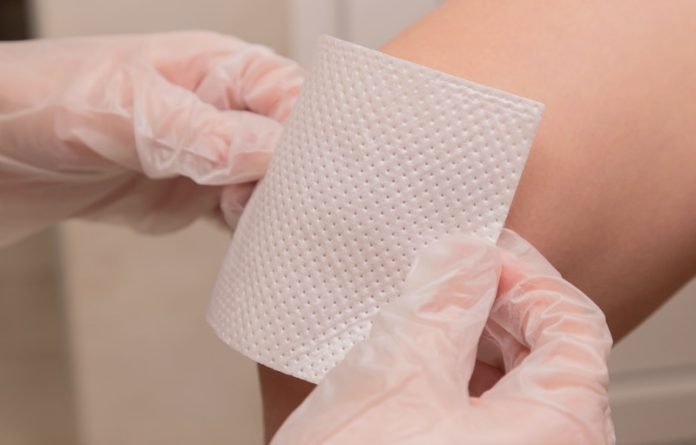
Scientists at the Wake Forest Institute have made important progress towards developing a novel injectable cell therapy for osteoarthritis that reduces inflammation and regenerates articular cartilage.
Osteoarthritis is a severe joint condition affecting more than 520 million people worldwide, leading to pain, inflammation, and immobility.
It’s typically caused by mechanical or traumatic stress in the joint that results in damaged cartilage that cannot be repaired naturally.
Lead author Johanna Bolander of WFIRM stated, “Without better understanding of what drives the initiation and progression of osteoarthritis, effective treatment has been limited.”
To develop the immunotherapy cell treatment, the research team first studied what went wrong in osteoarthritic joints compared to healthy ones.
The joint includes a synovial membrane that lines the inner surface of the joint, protecting it and secreting lubricating fluid filled with cell elements necessary for maintaining a healthy environment and friction-free movement.
In healthy joints, the body recruits an army of inflammatory cells to the injury site, which contributes to cleaning the damaged tissues.
However, in the osteoarthritic joint, a traumatic injury leads to inflammation of the synovial membrane and cartilage damage.
With time, the inflammation worsens, leading to cartilage degradation and chronic inflammation in the surrounding tissues, causing severe pain, swelling, and limiting daily activities.
To develop the injectable cell therapy, the team isolated cells from the joint fluid of osteoarthritic patients, separated them from the fluid, and investigated them in the presence of the autologous fluid.
Separated from the fluid, the cells had the ability to undergo processes required for functional tissue repair.
However, when they added a small percentage of the fluid back into the cell culture assay, the cells’ abilities were impaired, leading to the belief that the specific osteoarthritic environment stops them.
The injectable cell therapy, combining cartilage-activated immune cells that target inflammation with progenitor cells that aid tissue regeneration, leads to simultaneous treatment of several aspects involved in osteoarthritis.
The therapy was tested in a pre-clinical model and found to reverse cartilage damage in the synovial membrane and diminish inflammation.
A compassionate use study was conducted in nine patients with confirmed osteoarthritis who each received one or two injections.
In addition, the efficacy was evaluated through scoring of pain and functional living, MRI scans pre- and post-treatment, and a biopsy from one patient.
The patients experienced improved quality of life, the ability to participate in recreational activities, and reduced pain. MRI studies confirmed cartilage regeneration.
While additional clinical studies are required to evaluate the outcome in a larger patient population, this is a promising step toward developing an effective treatment for osteoarthritis.
How to manage osteoarthritis
While there is no cure for osteoarthritis, there are various ways to manage the symptoms and improve joint function. Here are some ways to manage osteoarthritis:
Exercise: Exercise can help strengthen muscles surrounding the affected joint and improve flexibility and range of motion. Low-impact exercises such as swimming, cycling, and walking are good options.
Weight Management: Maintaining a healthy weight can reduce the stress on the joints and minimize symptoms.
Medication: Over-the-counter pain relievers such as acetaminophen and nonsteroidal anti-inflammatory drugs (NSAIDs) can help relieve pain and inflammation. Topical creams and gels containing NSAIDs can also provide relief.
Injections: Corticosteroid injections can help reduce inflammation and relieve pain.
Physical Therapy: A physical therapist can recommend exercises and stretches to improve joint mobility and reduce pain.
Assistive Devices: Canes, braces, and splints can provide support to the affected joint and reduce pressure on it.
Surgery: In severe cases, joint replacement surgery may be recommended.
It’s important to work with a healthcare professional to develop a personalized treatment plan that best suits your individual needs.
If you care about pain, please read studies that common painkillers may worsen arthritis inflammation, and new drug may help treat hand osteoarthritis.
For more information about wellness, please see recent studies that Krill oil could improve muscle health in older people, and these vitamins could help reduce bone fracture risk.
The study was conducted by Johanna Bolander et al and published in Science Advances.
Copyright © 2023 Knowridge Science Report. All rights reserved.



